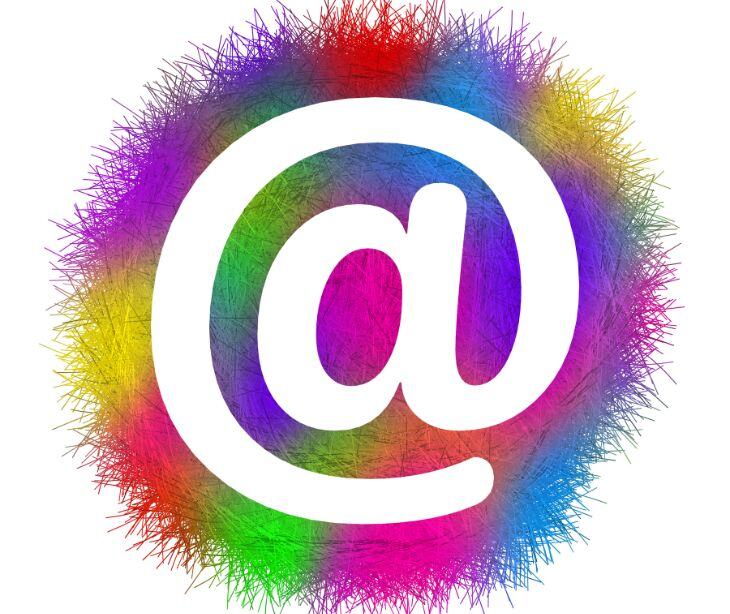2 min read
How HIPAA compliant emails can educate patients on ashwagandha use
Caitlin Anthoney December 09, 2024

Ashwagandha, a botanical supplement, recently gained popularity for its potential to reduce stress, improve sleep, and enhance overall well-being. Despite its growing popularity, many patients don’t know how to safely use ashwagandha. Healthcare providers can use HIPAA compliant emails to bridge this knowledge gap, giving patients the information they need, when they need it.
What is ashwagandha?
“Ashwagandha is an evergreen shrub that grows in Asia and Africa. It is commonly used for stress. There is little evidence for its use as an ‘adaptogen’." Ashwagandha contains chemicals that might help calm the brain, reduce swelling, lower blood pressure, and alter the immune system,” explains WebMD.
It is also said to lower cortisol levels, enhance cognitive functioning, and have a positive impact on sleep. While ashwagandha is often marketed as a safe, natural remedy, it is not without risks.
The National Institutes of Health (NIH) fact sheet for health professionals states, “Ashwagandha appears to be well tolerated for up to 3 months of use. However, the efficacy and safety of long-term ashwagandha use over months or years for stress, anxiety, or sleep is not known.”
“In addition, ashwagandha may have potential adverse effects on the liver and thyroid and might not be safe for people with prostate cancer or those who are pregnant or breastfeeding.”
Therefore, patients must be educated on how to use the herb, especially if they have these health concerns or take other medications. More specifically, providers can use HIPAA compliant emails to educate patients about ashwagandha without compromising their privacy.
What are HIPAA compliant emails?
According to the Health Insurance Portability and Accountability Act (HIPAA), providers safeguard protected health information (PHI) during communications. HIPAA compliant email platforms, like Paubox, offer encryption, access controls, and authentication measures to protect this PHI during transit and at rest.
Using HIPAA compliant emails for ashwagandha education
Personalized support
HIPAA compliant emails allow providers to tailor educational content to patient needs. So, if a patient has stress-related insomnia, they could benefit from advice on using ashwagandha as a natural sleep aid.
Personalized emails can include safe dosage recommendations, potential medication interactions, and guidance on monitoring side effects like fatigue or nausea.
Providers can also incorporate safety information, like the NIH’s warning about the herb’s potential risks for individuals with thyroid or liver conditions, prostate cancer, or those who are pregnant or breastfeeding.
Regular check-ins
HIPAA compliant emails allow providers to regularly check in with patients, monitor progress, address concerns, and adjust recommendations as needed. Like, if a patient reports gastrointestinal discomfort, their provider can suggest modifying their dosage.
These check-ins can also help educate patients on long-term use limitations, reinforcing the NIH's guidance that the safety and efficacy of prolonged ashwagandha use remain uncertain.
Educational resources
Providers can use HIPAA compliant emails to share educational materials about ashwagandha. Examples include:
- Research articles summarizing the benefits and risks of the herb.
- Infographics about dosage and possible side effects.
- Videos explaining how ashwagandha interacts with the body.
Sharing these resources can also help patients discriminate between evidence-based information and marketing claims, reducing the risks of misinformation. Ultimately, these HIPAA compliant emails can empower patients with health information to make informed decisions.
Access to support networks
Since ashwagandha is often part of holistic wellness practices, providers can use HIPAA compliant emails to connect patients with additional resources, like online wellness communities, local integrative health practitioners, or stress management programs.
These networks can collaborate, providing patients with complementary strategies, including mindfulness practices, enhancing the overall effectiveness of their wellness plans.
Read also: Using HIPAA compliant emails to deliver mindfulness techniques
FAQs
What is protected health information (PHI)?
Protected health information (PHI) refers to any information in a medical context that can identify an individual and is related to their health status, medical care, or payment for healthcare services.
Examples include their names, addresses, birth dates, Social Security numbers, medical records, lab results, and insurance information.
Can providers email attachments containing PHI?
Yes, providers can use a HIPAA compliant platform, like Paubox, that encrypts email attachments containing protected health information (PHI). This ensures that the information remains secure during transmission and at rest.
Read also: Do email attachments need to be encrypted to be HIPAA compliant?
Can providers include links to external resources in HIPAA compliant emails?
Yes, providers can include links to reputable external resources like healthcare websites, patient education materials, or wellness resources.
Subscribe to Paubox Weekly
Every Friday we'll bring you the most important news from Paubox. Our aim is to make you smarter, faster.



